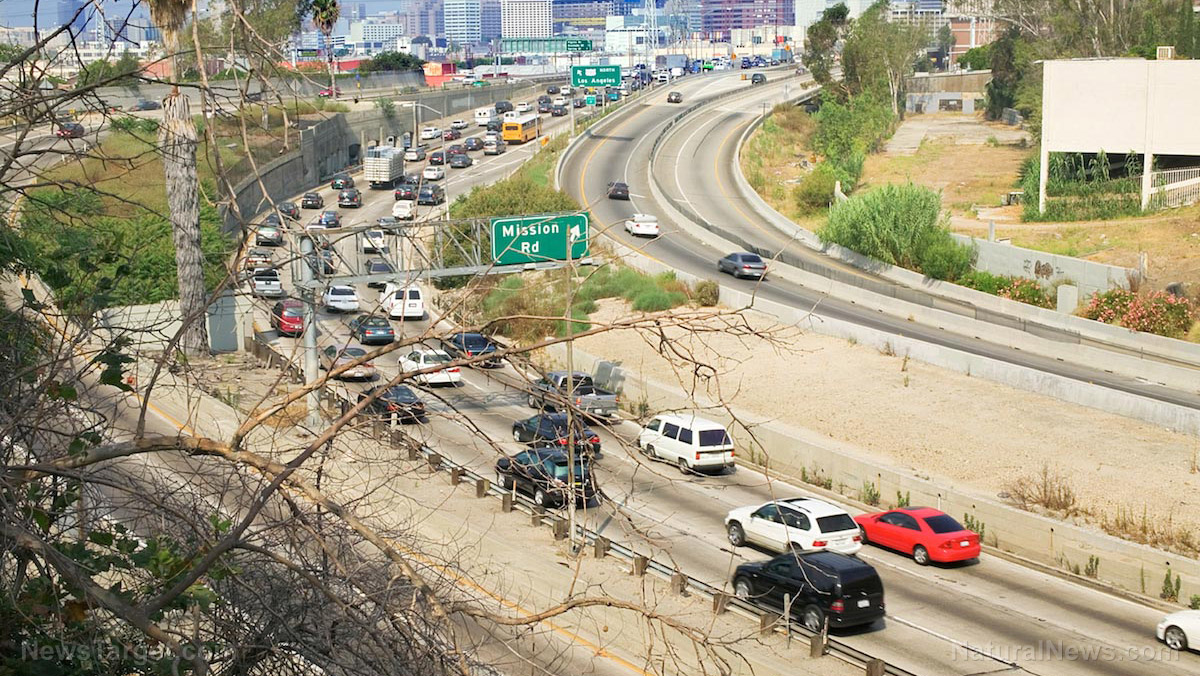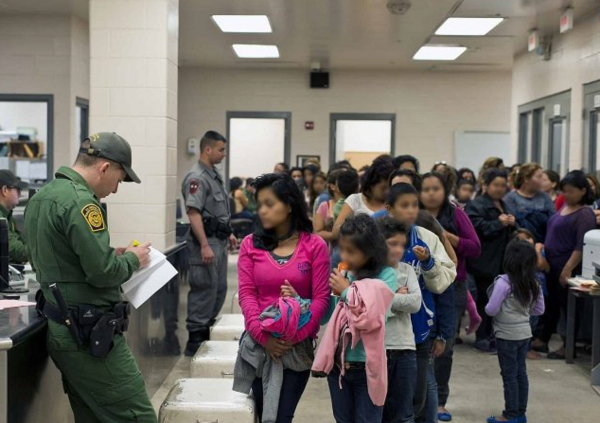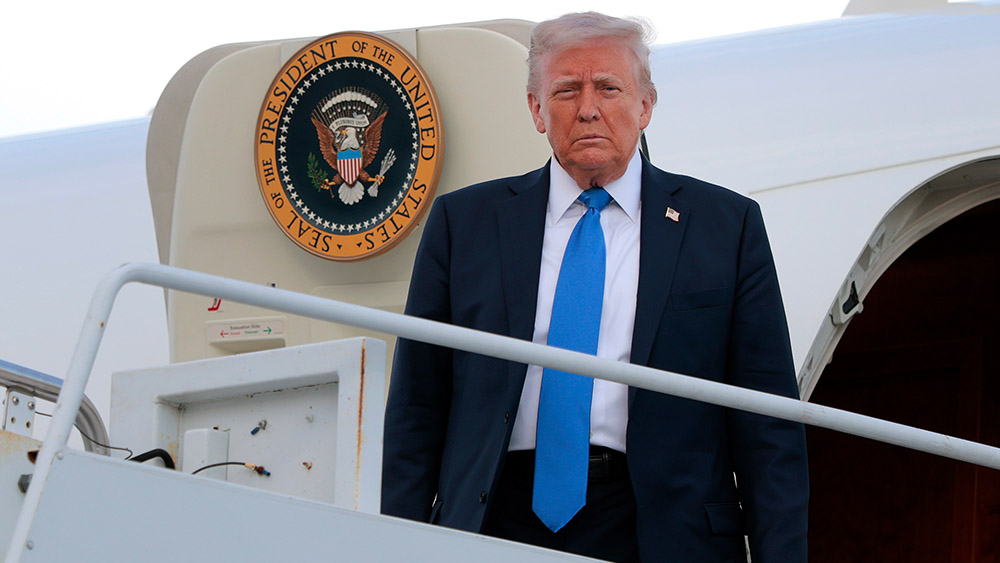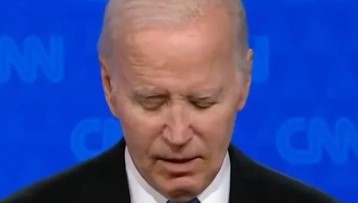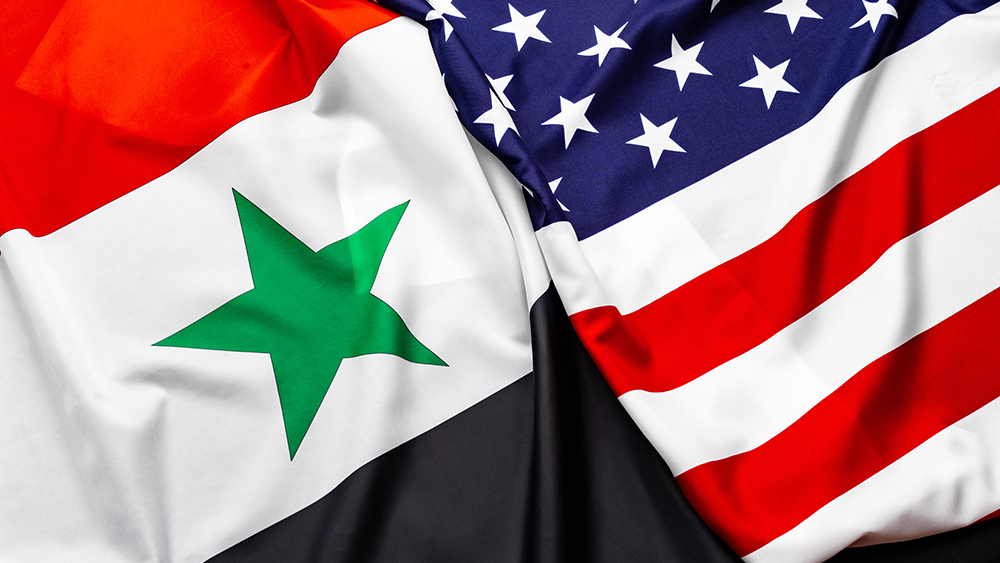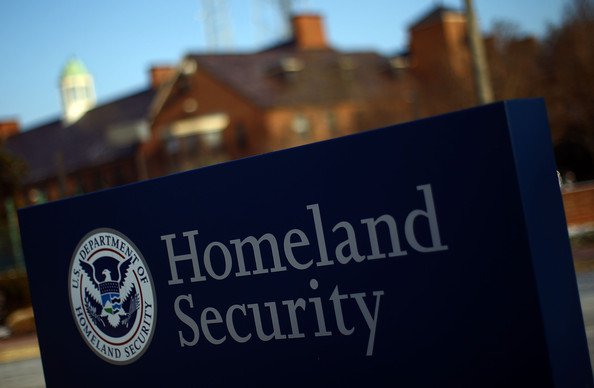 Parler
Parler Gab
Gab
- Russia launched only 10 drones in an overnight attack on Ukraine — its smallest strike in months — amid mounting tensions ahead of potential peace talks in Istanbul. Ukraine intercepted the attack with no major damage.
- Ukraine demands a formal ceasefire and Putin’s direct participation in talks, but the Kremlin remains noncommittal. Kyiv insists, “Without Putin, there is no negotiation,” citing Russia’s history of escalating violence before diplomacy.
- The Trump administration is pushing for a breakthrough, warning of increased military aid to Ukraine and tougher sanctions if talks fail. European allies (Germany, France, Poland, U.K.) also threaten additional penalties if Russia rejects a ceasefire.
- Both sides are gearing up for spring-summer offensives, with Russia rotating troops and reinforcing positions. Analysts warn a lasting ceasefire is unlikely due to Putin’s refusal to cede annexed Ukrainian territories.
- If Putin skips the Istanbul meeting, Ukraine and NATO may escalate military support. The talks represent a critical juncture—failure could deepen the war, while success might offer a path to de-escalation.
Quiet skies foreground diplomacy — but do both sides want to listen?
The drastic drop in Russian aerial attacks — from over 100 drones just days prior to Tuesday’s modest 10 — signals either a tactical pause or a concession to diplomatic pressure. Ukraine’s air force confirmed Tuesday morning that its air defense systems intercepted the strike, which caused no significant damage. “This lull [in violence] underscores the critical moment we’re in,” stated Andriy Yermak, head of Ukraine’s presidential office. “Yet if Russia truly seeks peace, they must stop the war first.” Yermak’s comments echoed President Volodymyr Zelenskyy’s unyielding stance: No lower-level Russian officials will attend talks, and Kyiv insists on a ceasefire before negotiations begin. “Without Putin, there is no negotiation,” Yermak said, citing Moscow’s history of battlefield escalation ahead of diplomatic deadlines. The Kremlin has not clarified whether Putin will travel to Istanbul, despite Zelenskyy’s public invitation. Spokesman Dmitry Peskov told reporters Tuesday: “The president will decide when it is necessary to announce his plans.”The Trump doctrine in action: Ultimatums, sanctions and the price of failure
President Trump’s administration threw its full weight behind the Istanbul talks this week, with White House adviser Steve Witkoff confirming the U.S. leader’s “personal persuasion” on both sides. “This is a make-or-break moment,” Witkoff said. “Every indication is that Russia is ready to talk, but only Putin can seal the deal.” The president’s approach merges transactional realism with hard power. While urging a ceasefire, Trump’s team has reinforced that failure to reach terms will lead to “increased military flows to Ukraine” and steeper Western penalties. European allies amplified this message: Germany, France, Poland and Britain pledged additional sanctions against Russia should it reject a pause in hostilities. Yet Russia has rejected the West-backed “ceasefire-first” framework, accusing Ukraine of violating prior unilateral truces. Analysts note this positions Moscow to gain battlefield leverage amid stalled diplomacy.Battlefield dynamics complicate the clock
Military observers warn time is running out as both sides prepare for a spring-summer offensive. The Institute for the Study of War reported Monday that Russian forces are aggressively rotating tired units and bolstering reserves along Ukraine’s 620-mile front. “A lasting ceasefire would require breaking this cycle of attrition,” said senior analyst Emberlyn Chase. “But with Putin’s annexation of Ukrainian land now a non-negotiable for Russia, the talks almost certainly end in stalemate.” For Kyiv, the stakes extend beyond the battlefield. Yermak emphasized agreements like the U.S.-Ukraine mineral resource pact — which relaxes export barriers on Ukrainian rare minerals — could be leveraged to build long-term security guarantees. However, such deals hinge on curbing the war’s toll.The final roll of the dice: What happens if Putin doesn’t show?
The precariousness of the talks came into sharp focus Tuesday when Yermak issued an explicit warning: “If Putin skips Istanbul, it’s proof Russia doesn’t want peace — it wants surrender.” Such an outcome would unleash intense pressure on NATO allies to accelerate weapons shipments to Ukraine. The U.S. has already finalized agreements for an $800M aid package, pending congressional approval, but Yermak argued such measures must be preemptive. “The only deterrence left is strength,” he added. As Turkish officials finalize logistics for the talks, all parties acknowledge the risks of miscalculation. For a conflict already stretching into its third year, Thursday’s meeting may be the last chance to avoid regional destabilization — or further bloodshed.Istanbul’s outcome to define Ukraine’s war trajectory
The eyes of the world now rest on Istanbul. Putin’s refusal to attend would cement him as an isolated autocrat disinterested in peace, while a diplomatic breakthrough could recalibrate the war’s course. Yet history warns of Russia’s penchant for tactical delays: In 2022, Moscow similarly feigned openness to talks while massing forces for a Donetsk offensive. For the millions of Ukrainians enduring war’s costs, Thursday’s talks represent more than diplomacy — they symbolize hope for a future beyond conflict. As Trump put it Tuesday: “They’ve had enough death. We can’t let them down.” Jonathan Turley, a legal scholar and frequent commentator on U.S.-Ukraine relations, urged readers to follow developments closely: “This is a test of statesmanship on all sides. Democracy cannot endure while truth is clouded by corruption — or deceit.” Sources for this article include: YourNews.com President.gov.ua Military.comSenate blocks California’s plans to ban gas car sales by 2035
By Cassie B. // Share
New Hampshire makes history as first New England state to ban sanctuary cities
By Cassie B. // Share
Comer investigates Biden health cover-up, seeks testimony from physician and top aides
By Cassie B. // Share
Rubio: Option to reopen U.S. embassy in Syria not off the table
By Ramon Tomey // Share
DHS requests 20,000 National Guard troops for immigration crackdown
By Laura Harris // Share
Governments continue to obscure COVID-19 vaccine data amid rising concerns over excess deaths
By patricklewis // Share
Tech giant Microsoft backs EXTINCTION with its support of carbon capture programs
By ramontomeydw // Share
Germany to resume arms exports to Israel despite repeated ceasefire violations
By isabelle // Share
